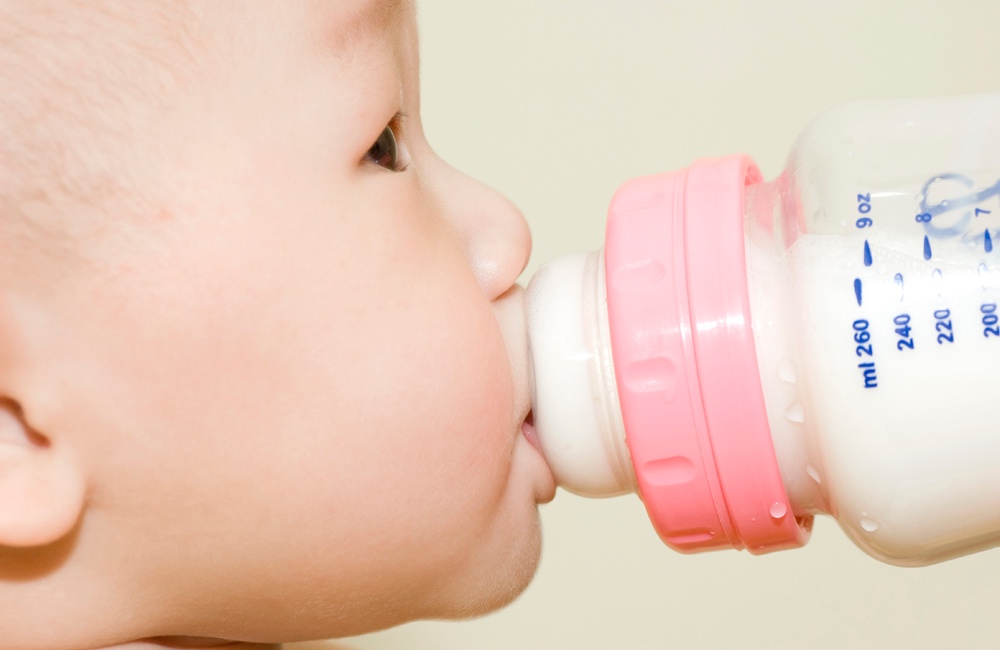Researchers are continuing to unravel the details of the many widespread effects our gut bacteria have on our health. A robust mix of microbes in your microbiome appears to offer a number of health benefits — such as reducing the risk of food allergies and diabetes.
Recently, researchers found that diversity in the gut bacteria of infants can influence whether or not they develop asthma.
Infants who acquired four specific types of gut bacteria by the age of three months appear to be protected from getting asthma. While most infants do acquire these bacteria early on, not all do.The findings could lead to a test to predict which children are likely to develop asthma or even a treatment that prevents asthma.
The scientists analyzed fecal samples from 319 children involved in the Canadian Healthy Infant Longitudinal Development (CHILD) Study, which is investigating the many causes of asthma and allergy by looking at 3500 children born after the year 2010 and their parents. Analysis of the bacteria in the samples revealed lower levels of four specific gut bacteria in three-month-old infants who were at an increased risk for asthma.
They also found fewer differences in FLVR levels among one-year-old children, suggesting that the first three months are a critical time period for an infant's developing immune system.
Asthma rates have been rising for the past 50 years, and asthma now affects up to 20% of children in Western countries. This study's findings could potentially lead to a test to predict which children are likely to develop asthma or even a treatment that prevents asthma.
While not yet tested therapeutically in humans, when newborn germ-free mice were given the FLVR bacteria, they developed less severe asthma as adults, demonstrating that these bacteria can at least partially ward off asthma development.
The researchers say it will take additional studies with a larger number of children to confirm their findings and to reveal how these bacteria are able to influence the development of asthma.
The study appears in Science Translational Medicine.





